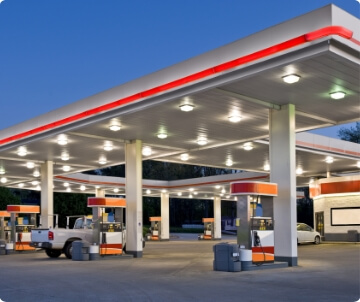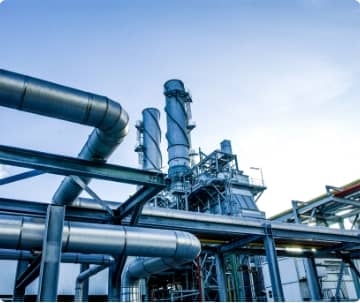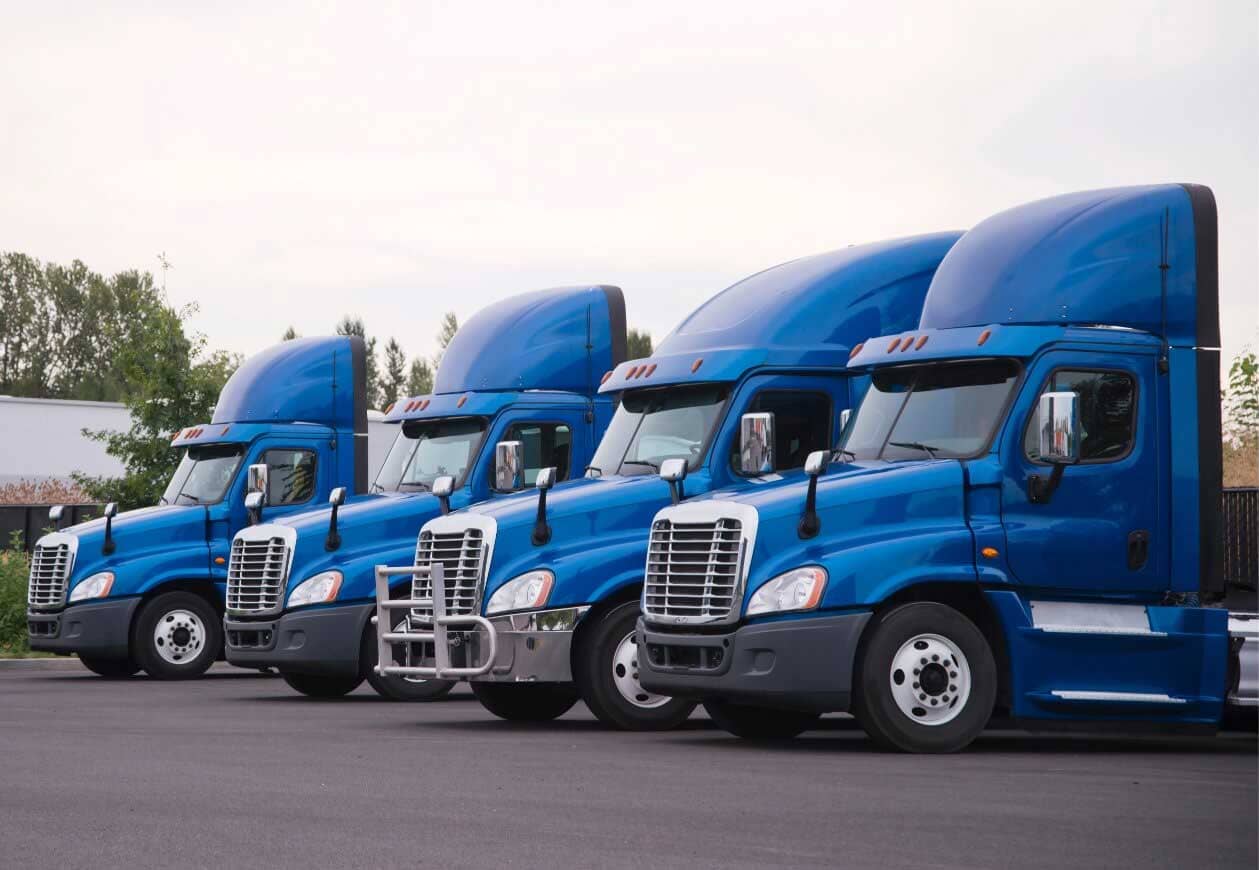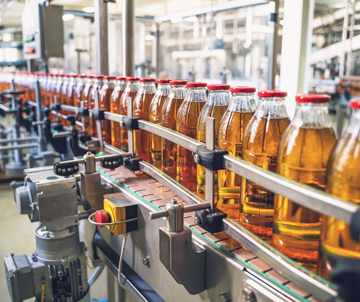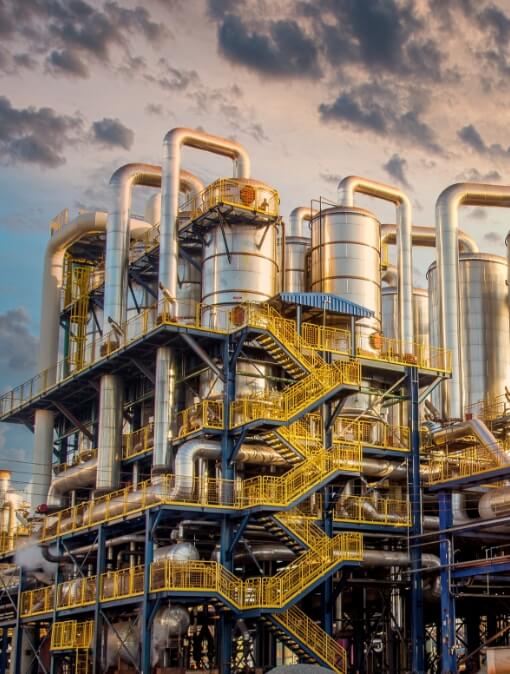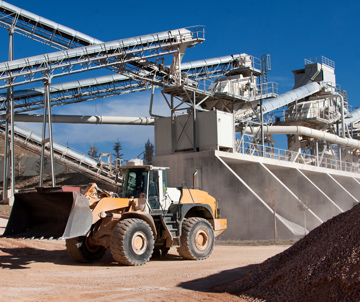Pricing
To receive daily pricing sent directly to your email, contact Tim Damien at 717-360-6744 or send your email to tdamien@aeroenergy.com Aero Energy offers a variety of pricing plans for your wholesale fuel needs.
Products
- Heating Oil
- Gasoline (all grades, including non-ethanol)
- Dyed Off-Road Diesel
- B2 BioDiesel
- Propane
- Clear On-Road Diesel
Industries We Serve
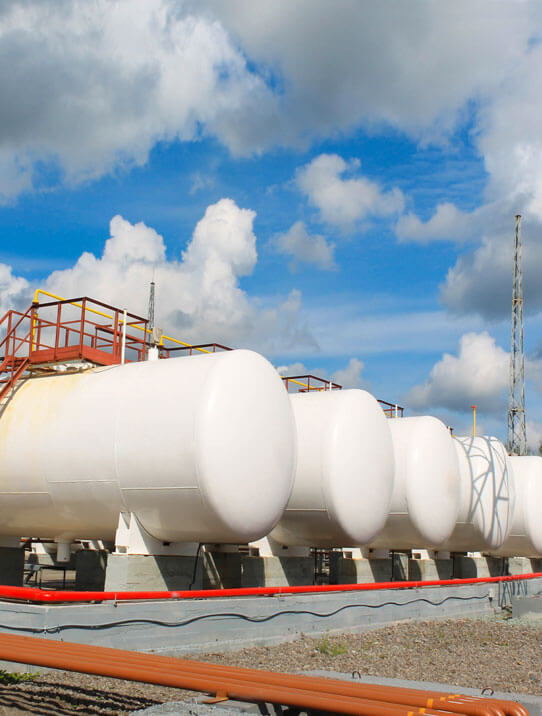
Understanding Fuel Pricing
In the U.S., transportation fuel spend ranges from 20 to 30 percent of the cost to move goods to market. Fuel prices are highly volatile and are a direct reflection of the global crude oil markets. There are many factors affecting fuel prices:
Supply & Demand
The United States is the world’s largest oil consumer using more than 20% of the entire world’s oil supply. The Organization of the Petroleum Exporting Countries, otherwise known as OPEC, produces and controls 60% of the world’s oil exports. OPEC’s mission is to coordinate and unify the petroleum policies of its member countries and to ensure the stabilization of oil markets.
The organization strives to secure an efficient, economic and regular supply of petroleum to consumers, a steady income to producers, and a fair return on capital for those investing in the petroleum industry. When supply is high but demand is low, prices decrease in order to move supply. When demand is high but supply is low, fuel prices increase.
Oil traders look at world oil demand, particularly from the United States and China. In the U.S., estimates are provided monthly by the Energy Information Administration- https://www.eia.gov. For gasoline, demand rises during the summer driving season and decreases during the winter. To predict demand, forecasts for travel from AAA are used to determine potential gasoline use in the summer, whereas weather forecasts are used in the winter for products such as heating oil and propane.
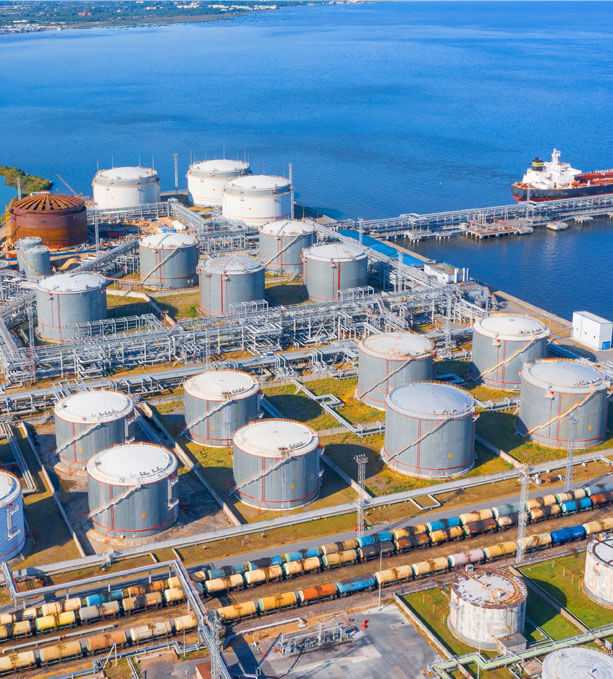
Global Inventories
The rate at which global oil inventories build and draw is far more significant than the actual level of inventories. However, when demand is lower than supply, accumulation of global oil stockpiles means producers have to slow production in order to avoid an oil glut, a global oversupply of oil. When global inventories reach capacity but demand is low, oil which was produced at one cost generally has to be sold at lower costs, or even at a loss to allow movement for the most recently produced oil.
A recent example of overproduction is the spring of 2020 when the world was hit with the global pandemic of Covid-19 and oil demand dropped drastically in a very short period of time. Global stockpiles had reached their storage capacity and the decreased demand caused by travel restrictions triggered oil suppliers to severely slow production. With nowhere to store the oil in current production, oil stockpiles had to be sold off at a loss in order to receive the current oil production and suppliers had to balance production according to the current demand.
Cost of Production
The cost to produce a barrel of oil varies throughout the world and impacts the determination of global benchmark prices. The breakdown in costs vary by location as a result of capital expenditures and production cost (51%), refining (21%), distribution and marketing (11%) and gross taxes (16%).
Geopolitical Factors
Certain world governments can affect oil traders’ bidding decisions by influencing trade or adjusting the amount of oil produced and stored in any country.
Crises in oil-producing countries, or even concern about crises, dramatically increase oil prices. This is because traders are concerned that any given crisis will limit the supply of oil, increasing demand and therefore increasing prices. War, threat of war, political unrest, sanctions against any oil-producing country and foreign relations are a few examples that can play a significant role in driving oil prices.
Weather & Natural Disasters
Any interference with production and distribution of oil can cause great volatility in the market. The market tends to react quite fluidly even with just the threat of an interference, leaving fuel prices vulnerable. These potential threats create uncertainty about the future of supply and demand.
The demand for heating oil increases during periods of cold weather. The increased consumption during cold months will mean an increase in production and production costs, which drives prices upward. The threat of severe winter storms and unseasonably colder temperatures can also cause higher demand and greater strains on supply. Conversely, unseasonably warmer than average winters mean lower consumption of heating oil which can cause a surplus in supply.
Natural disasters can damage or block pipeline distribution and production facilities, temporarily decreasing or halting production in the path of the natural disaster. The risk of an interruption is enough to affect pricing. There can be uncertainty around the future of oil supply and demand when a natural disaster or world crisis poses a potential threat to the oil supply or distribution process. This uncertainty causes volatility in pricing.
Seasonality also plays a role, most particularly for gasoline prices. Federal and state environmental regulations require gasoline specifications and formulations to change seasonally. Gas prices are higher in the summer months because environmental regulations require the use of summer grade gasoline, which is less prone to evaporation but more expensive to produce. Demand also increases during the summer months as people are driving more frequently.
Interest Rates
There is a correlation between oil prices and interest rates. Increasing interest rates raise costs for consumers and manufacturers. One of the first things companies and consumers cut when cost of goods and services are higher is travel, which affects oil demand. When interest rates drop, consumers and companies are able to spend money more freely and increase travel which drives up demand for oil.
Futures Markets
Oil is one of the most volatile commodities on the market. It helps to understand the factors that drive the price of oil and how traders, governments, and consumers influence it.
Oil prices are controlled by traders who bid on oil futures contracts in the commodities market. Futures contracts are agreements to buy or sell oil at a specific date in the future for an agreed-upon price. Oil derivatives are securities that are based on the underlying price of oil and traded on the exchanges. Both futures contracts and derivatives are traded daily based on traders’ perceptions of future supply and demand.
While supply and demand have an impact on fuel pricing, it is actually oil futures that set the price of oil. A futures contract for oil is a binding agreement that gives a buyer the right to buy a barrel of oil at a set price by a specific future date. Detailed information about how futures trading impacts fuel prices can be found on the U.S. Energy Information Administration Website- https://www.eia.gov/finance/markets/crudeoil/financial_markets.php
Distribution and marketing
Distribution, marketing, and retail dealer costs and profits are also included in the retail price of gasoline. Most gasoline is shipped from refineries by pipeline to terminals near consuming areas, where it may be blended with other products (such as ethanol) to meet local government and market specifications.
Some retail outlets are owned and operated by refiners, while others are independent businesses that purchase gasoline from refiners and marketers for resale to the public. The price at the pump also reflects local market conditions and factors, such as the desirability of the location and the marketing strategy of the owner.
The cost of doing business by individual dealers can vary greatly depending on where the dealer is located. These costs include wages and salaries, benefits, equipment, lease or rent payments, insurance, overhead, and state and local fees. Even retail stations next to each other can have different traffic patterns, rent, and sources of supply that affect their prices. The number and location of local competitors can also affect price.
Qualifications For Wholesale Transport Deliveries:
- Transport loads 9,000 gallons for propane
- Transport loads 7,500 gallons for diesel or heating oil, 8,500 gallons for gasoline, or any combination up to four distillate products.
To receive daily pricing sent directly to your email, or to establish a wholesale fueling account with Aero Energy, contact:
Pennsylvania & Delaware Customers: Call or text Tim Damien at 717-360-6744 or email Tim at TDamien@aeroenergy.com.
Maryland Customers: Call or text David Frazier at 301-606-8052 or email David at DFrazier@aeroenergy.com.


